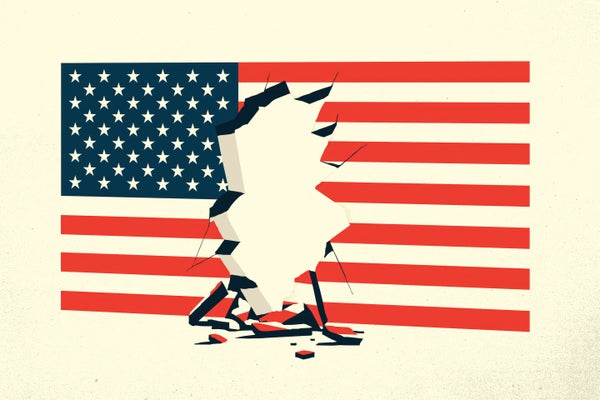
In a move that has sparked widespread concern among scientists and policy experts, the Trump administration has proposed a significant reduction of federal science advisory panels. These panels, which have historically provided crucial, evidence-based recommendations to government agencies, are integral to shaping informed public policy in areas such as health, environmental protection, and space exploration.
Science advisory committees serve as conduits for academic and industry experts to influence and guide federal decision-making based on the latest research and evidence. Abruptly reducing or disbanding these panels could leave agencies such as the Environmental Protection Agency (EPA), the Food and Drug Administration (FDA), and the National Aeronautics and Space Administration (NASA) with diminished scientific input, potentially leading to less effective policies.
Critics argue that the administration’s efforts represent a political attack on science, undermining expert voices in favor of ideology-driven policymaking. The move follows a broader trend within the Trump administration of sidelining scientific consensus, particularly on issues like climate change, environmental regulation, and pandemic preparedness.
Dan Vergano, science journalist and contributor to Scientific American, warns that without the guidance of diverse expert panels, the United States risks making ill-informed decisions that could have long-term consequences on public health, environmental sustainability, and national progress in science and technology.
Proponents of the cuts suggest that many advisory panels are redundant and hinder regulatory efficiency, though their elimination may also dramatically reduce transparency and accountability within government agencies.
Ultimately, the restructuring or dismantling of federal science advisory committees could leave U.S. policy-making increasingly disconnected from scientific evidence, creating a risk of weakened governance in critical sectors. With science playing a pivotal role in addressing contemporary challenges such as climate change and public health crises, advocates continue to call for the preservation of robust, independent scientific oversight in government decision-making.
Source: https:// – Courtesy of the original publisher.






